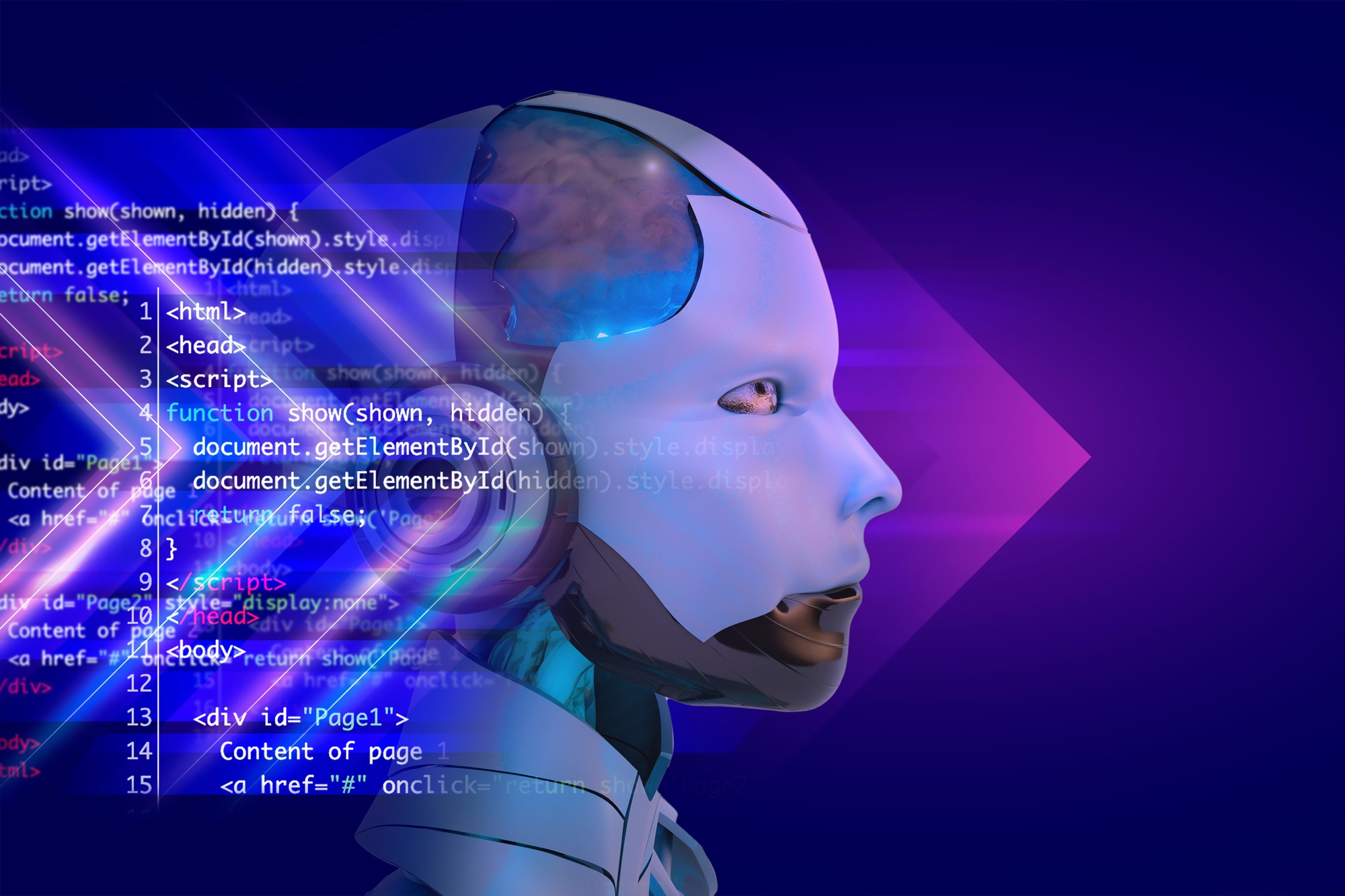
AI in Development: Unleashing Opportunities, Navigating Challenges, and Shaping the Future
December 06, 2024
Artificial Intelligence (AI) is no longer just a buzzword; it has evolved into a transformative force across various sectors, particularly in software and application development. The potential of AI to streamline development processes, enhance productivity, and create innovative solutions is immense. However, the journey is not without its hurdles. Here’s a closer look at the opportunities, challenges, and future trends surrounding AI in development.
Opportunities with AI in Development
Automation of Repetitive Tasks
AI’s ability to automate routine coding tasks is revolutionizing development. By handling repetitive functions like bug detection, testing, and code generation, developers can focus on more creative and complex tasks.
Improved Decision-Making
Machine learning algorithms can analyze vast amounts of data, offering insights that help developers make informed decisions. AI-driven tools can predict user behavior, optimize code, and even suggest improvements, leading to more efficient and effective development cycles.
Enhanced Personalization
AI is at the forefront of creating personalized experiences for users. In software development, AI can tailor interfaces, content, and recommendations based on individual user preferences, improving user satisfaction and engagement.
Optimized Resource Management
AI helps developers optimize resource allocation by analyzing usage patterns and predicting future demands. This ensures that resources are allocated efficiently, reducing waste and improving project timelines.
Challenges in AI-Driven Development
Data Privacy and Security
AI systems require vast amounts of data to function effectively, but handling this data responsibly is a significant challenge. Ensuring data privacy and security while using AI for development is a concern that needs constant attention.
Ethical Concerns
The development and deployment of AI raise ethical questions, particularly when AI systems make decisions that impact human lives. Developers must address issues such as bias in algorithms, transparency, and accountability to ensure AI is used responsibly.
Complexity of AI Models
While AI promises significant improvements, the complexity of building and training AI models can be overwhelming. Developers need advanced knowledge in data science, machine learning, and AI to implement these systems effectively, which can be a barrier for many organizations.
Integration with Existing Systems
Integrating AI into legacy systems is a significant challenge. Many organizations use outdated infrastructure, and ensuring compatibility with AI technologies often requires substantial time and resources.
The Future of AI in Development
The future of AI in development is exciting, with numerous trends on the horizon:
Low-Code and No-Code Platforms
The rise of low-code and no-code platforms powered by AI is democratizing development. These platforms enable non-technical users to build applications, reducing the dependency on skilled developers and accelerating the development process.
AI-Powered DevOps
As AI continues to evolve, its integration with DevOps practices will lead to smarter automation, predictive maintenance, and enhanced performance monitoring, creating a more agile and responsive development environment.
AI for Quality Assurance (QA)
The future of AI in development includes advanced AI-powered testing tools that automatically detect bugs, identify performance issues, and ensure the overall quality of software before release.
Natural Language Processing (NLP) Integration
AI-powered Natural Language Processing (NLP) is making its way into development tools, allowing developers to interact with their systems using natural language. This will simplify code generation and debugging processes, further enhancing productivity.
Conclusion
AI has the potential to revolutionize software development by increasing efficiency, enhancing user experiences, and driving innovation. However, the integration of AI into development comes with its own set of challenges, including ethical concerns, data privacy issues, and the complexity of AI systems. Looking ahead, AI-driven tools and practices will continue to evolve, and the future promises even more opportunities for innovation and improvement in the development process.













